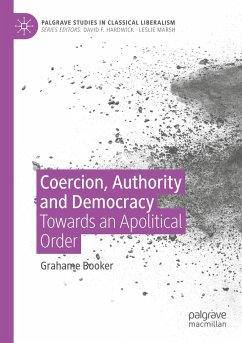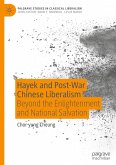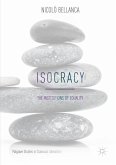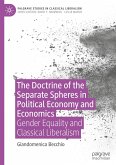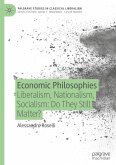Classical liberalism has typically sought to maintain as much room as possible for the exercise of personal initiative in the face of the encroachment of states. This book explores these questions of coercion and authority in the context of the size and scope of the state and argues that the state and its agents should be held to the same moral rules as are the individuals it rules over. The book considers how a distinct feature of the state is its police or coercive power, about which one may ask how the state acquires it and what if anything would justify its use. It considers the implication that there is nothing inherent about state agents that entitles one to behave in ways that we would not accept from a private actor, and how once that argument is made, the state's claim to authority is weakened. The author also discusses the extent to which democracy has been thought to provide any sort of justification for coercion or authority. This book will be of interest to academics and students of political philosophy, especially classical liberalism, and legal philosophy.
Bitte wählen Sie Ihr Anliegen aus.
Rechnungen
Retourenschein anfordern
Bestellstatus
Storno

